Learning/Lab:
JEWISH LEARNING TO YOUR TASTE
EAT, STUDY and COMMUNE
with some of Portland’s best Jewish educators and artists.
Join Jewish educators and culture-bearers, rabbis, artists and our chef-in-residence for evenings of food, learning and culture.
Learning/Lab is a community-wide opportunity to study everything from Talmud to Jewish Mysticism, women’s folk rituals to Jewish history, poetry, art, and so much more.
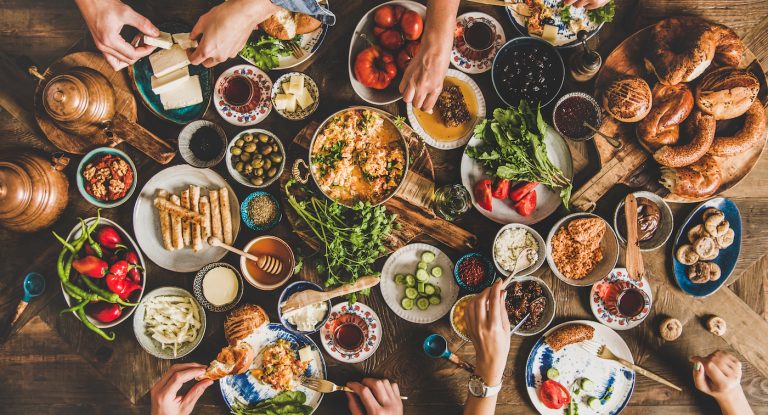
And what would a Jewish gathering be without food?
Our evenings begin with food, drink and community - to kick things off on the right note.
Each week, academics, artists, and rabbis, will offer classes that will connect you to Jewish ideas – and to other people like you.
We know that a lot of people want to learn about Judaism but don’t know where to begin, are intimidated, or just want to engage on their own terms.
If that sounds familiar, Learning/Lab is for you.
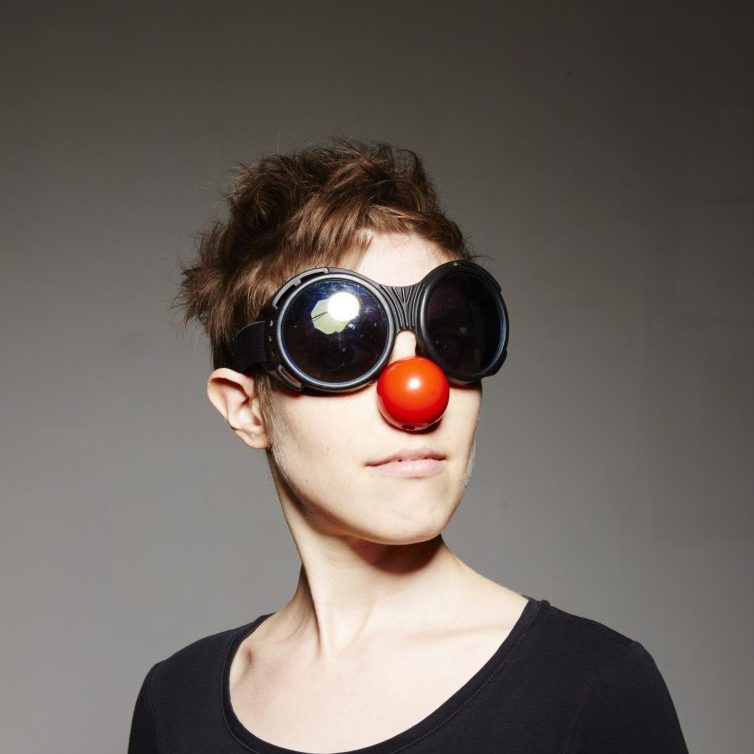
Ora Fruchter is a theater-maker, puppeteer, director and educator. Her most recent show, The Amazing Story Machine, uses found object puppets to celebrate imagination and collaboration. She is the recipient of a Jim Henson Foundation Family Grant, a Young Pioneers Award for innovation in Jewish education, and was selected as one of the Jewish Week’s 36 Under 36 (2017). www.orafruchter.com
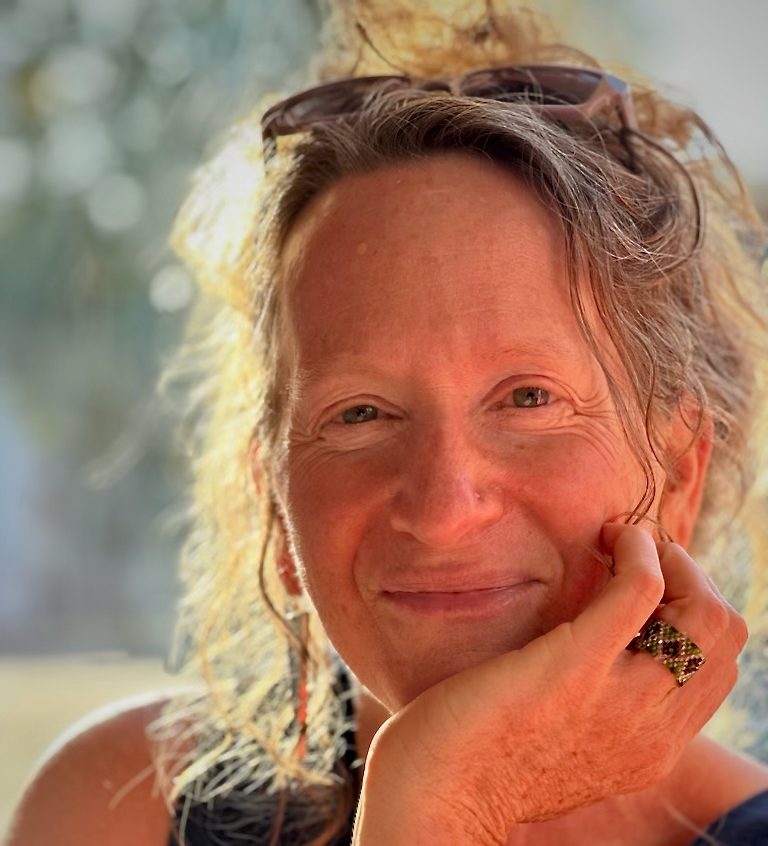
Shoshana Gugenheim Kedem is the newly appointed Creative Director of Co/Lab: Reimagine Jewish and the Co-Founder and Director of Art/Lab, a fellowship for contemporary Jewish artists here in the Portland area. Shoshana is an interdisciplinary artist, Torah scribe, curator and chutzpanit. In her socially engaged art practice she often reimagines rituals and sacred objects, primarily but not solely, Jewish ones, and reinserts them, with new forms, into familiar contexts. Shoshana’s large-scale collaborations engage institutional critique as a means of redistributing agency to the public domain, often through publicly generated solutions. Shoshana’s studio work takes shape through textiles, prints, collage, ceramics, book arts, herbal preparations, conversations, letters, memoir, publications and whatever other forms inspire and call to her. www.shoshanagugenheim.com

Rabbi Emily Aviva Kapor-Mater is the founding rabbi of the Portland Open Beit Midrash. Her rabbinic work focuses on creating innovative yet traditional Jewish law, liturgy, and ritual for transgender Jews, the communities in which they live, and the entire Jewish world. She is the author of several new rituals to celebrate transgender Jews within a traditional Jewish framework, such as naming ceremonies and mikveh immersions, as well as a number of works on Halacha (Jewish law) regarding the broader obligations of the Jewish community towards its transgender members. In addition to her rabbinate, Emily works as a software developer in Portland.

Natan M. Meir is the Lorry I. Lokey Professor of Judaic Studies in the Harold Schnitzer Family Program in Judaic Studies at Portland State University. A scholar of the social, cultural, and religious history of East European Jewry, he is the author of Kiev, Jewish Metropolis: A History, 1859-1914 (2010) and Stepchildren of the Shtetl: The Destitute, Disabled, and Mad of Jewish Eastern Europe, 1800-1939 (2020). He is now working on a new project about Jewish folk customs across 19th- and 20th-century Europe.
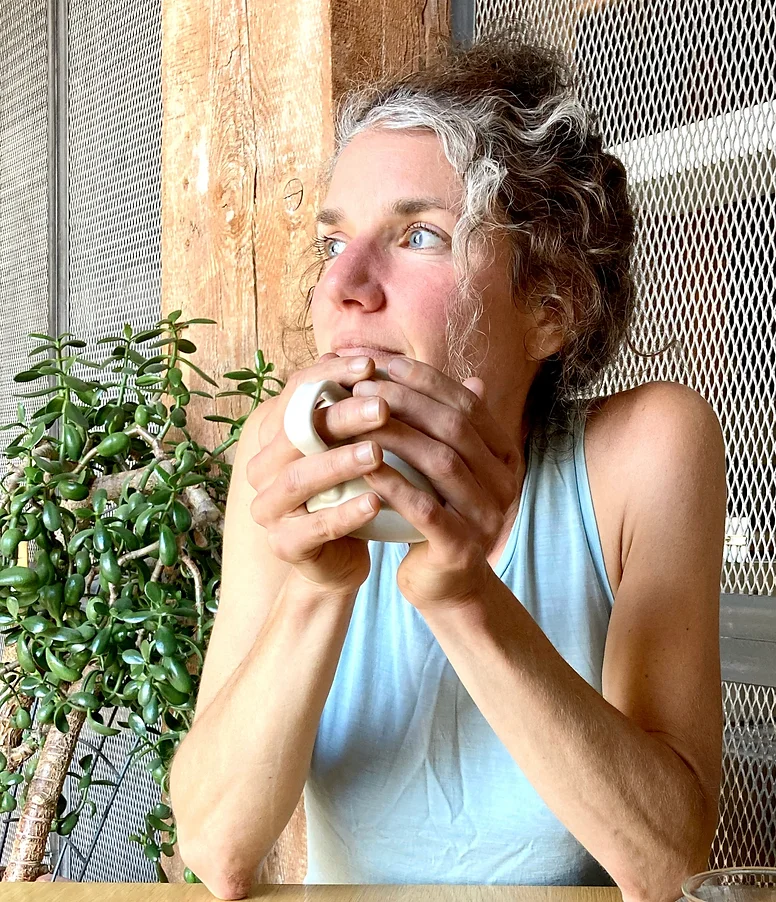

Rabbi Josh Rose is the Founding Director of Co/Lab. Rabbi Josh served congregations in Boulder Colorado and here in Portland and then in 2021 turned to discover new avenues to Jewish engagement. After months of conversations with folks in the Jewish community seeking something new, he created Co/Lab: Reimagine Jewish. He holds a Master of Hebrew Letters from Hebrew Union College and a Master of Theological Studies from Harvard University.

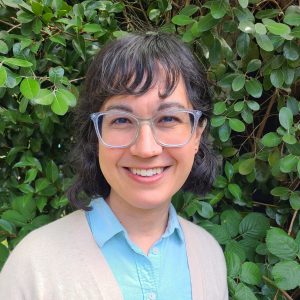
Rabbi April Villarreal has worked in Jewish education for over fifteen years as a classroom teacher and administrator in Jewish day schools during which they were awarded the Covenant Foundation’s Pomegranate Prize for emerging Jewish educators. They currently work as a coach and program manager for Pedagogy of Partnership at Hadar. At the center of all of April’s work is the belief in Judaism’s ability to guide discovery and nourishing of one’s best self. April received semikhah (rabbinic ordination) from Rabbi Nathan Lopes Cardozo. They hold a Master’s Degree in Teaching from the American Jewish University and are a graduate of UCLA in the Study of Religion.
Classes & Workshops
Various days and times.
Check individual class description
May
Rabbi Jonathan Seidel
In this evening of ritual, contemplation and study, along with some drumming and chanting, Rabbi Jonathan Seidel will shed light on the beautiful ritual of Havdalah. We will re-enact the earliest Havdalah ceremony of the Middle Ages, enjoy a host of songs in the Sephardic, Mizrachi and Ashkenazi traditions and renew ourselves for the week to come with ritual and learning. Both newcomers to the tradition and those who are already familiar with it will discover new layers of beauty and meaning in this Saturday, end-of-Shabbat ritual.
Past Classes & Workshops
With Rabbi Joshua Rose
The Jewish textual tradition is fundamentally concerned with political power, what justifies those who hold it, and what justifies those who might oppose and overthrow them. We will explore some Jewish stories and teachings that have to do with our relative obligation to accept, support – and in some cases utterly reject – the powers that be.
Note that March 20th is optional and is a presentation of the Israeli Movie “Legend of Destruction.” There is no charge to attend this award-winning film. While it is not a part of the class per se, “Legend of Destruction” deals with the conflict between Jewish leaders and the Romans in the ancient world in a deep and fascinating way. There is no charge for the March 20th event.
With Jennifer Gwirtz
Join Art/Lab Alum Jennifer Gwirtz (@djeni4) for a fun and dynamic pre-Purim dance and physical theater workshop on Sunday, February 23rd at @ejcpdx! 🎭✨ With over 20 years of experience in dance and performance, Jennifer will lead Mask/Essence/Movement, a creative workshop where we explore movement, character, and embodiment! We’ll make masks and embody the iconic figures from Megillat Esther: Esther, Mordechai, Achashverosh, and Haman.
This workshop is open to all 18+ and no prior experience is necessary. Come ready to create, experiment, and play! Comfortable, flexible clothing is recommended (barefoot or shoes that allow for easy movement are best).
Let’s celebrate the spirit of Purim with movement and imagination.
With Dr. Yosef Rosen
As the renaissance of Jewish psychedelics enters its next stage, there is a growing thirst for Jewish resources that can make a psychedelic experience sacred and safe. Kabbalah and the wider treasures of Jewish mysticism have so much to offer for just these purposes: maps of consciousness, techniques for journeying through the imagination, rituals for psychic protection, and spells for healing. Even if you do not engage in psychedelics, this course will show you how Kabbalah can be an aid for any spiritual experience.
You can join for a single class or for all four.
Rabbi Josh Rose
Can American Jews recover from the post-October 7th communal divisions and pain? Can America recover from Trump-era fractures in the body politic? This is a time of such stark division, it seems that the threads of community are nearly irreperably broken. At times of such communal crisis, there seems to be no hope for a shared understanding of who we are. Yet without such hope, we cannot begin to contribute to or sustain ourselves with the communities that give us meaning. We will explore Jewish texts and ideas that contemplate crisis, the fracturing of community, and hope and so help us think about our own situation. Expect careful readings of Jewish texts (no expertise necessary, all texts in English) and opportunities for conversation and reflection.
Click here to register. You are welcome to attend any individual session without attending the others.
Daniela Molnar
The most sensuous poets are the ones I trust the most,” says the poet Josie Graham, citing the way that a word like “justice” can mean a thousand things to a thousand people while a word like “salt” has a much smaller range of possible associations. This workshop will focus our attention on the world of the senses and how writing from our senses can sharpen, heighten, and expand our poetry and our lives, offering a more empathetic and deeper engagement with our own writing, the writing of others, and with the living earth. The title of this workshop is a line from a Lucille Clifton poem. We’ll use this poem and a range of others as lenses to consider the ways our cultural and ecological moment is an invitation to widened wonder and love. This workshop is open to overdone. No prior experience with writing or reading poetry is needed or expected. We will talk, read, and write together. You’ll receive a bounty of readings and prompts to inspire your writing in the workshop and beyond.
September 2024
Rabbi Devin Villareal
An important passage in our High Holy Day prayers describes God’s “attributes of mercy,” and appears originally in the Torah. According to the rabbis in the Talmud, God revealed these merciful qualities while teaching us how to pray! Through readings and conversation we will explore what it might mean for God to model a spiritual practice, and what lessons these rabbinic discussions can offer us in this year’s High Holy days – and the rest of the year.
Session will start with a brief teaching (called a d’var Torah) with Rabbi Josh at the end of the meal, and just before classes begin.
Rabbi Emily Kapor-Mater
We will study the Talmud’s statements about what makes teshuvah (repentance, personal transformation) complete. How did the ancient rabbis use Jewish law and interpretation of Torah to help us see personal change as possible? As we familiarize ourselves with passages of Talmud, we will see up-close the rabbinic process of creative interpretation, which helped them – and can help us – confront the challenges of ethical living.
Session will start with a brief teaching (called a d’var Torah) with Rabbi Josh at the end of the meal, and just before classes begin.
Dr. Natan Meir
The High Holy Day mahzor (prayerbook) can be daunting — it’s so thick and is so full of prayer after prayer! This class will help you make sense of it by focusing on one of its longest sections: the Musaf service on Rosh Hashanah. We’ll explore its structure and examine some of the most important and beautiful piyyutim (liturgical poems) to help you attain a more insightful and meaningful prayer experience.
Session will start with a brief teaching (called a d’var Torah) with Rabbi Josh at the end of the meal, and just before classes begin.
Dr. Yosef Rosen
What if teshuvah (repentance, personal transformation) was not something only humans do, but a natural, cosmic process of self-development & elevation? For the mystics of Kabbalah, teshuvah is exactly such a primal process that we can choose to participate in. This reframing has the potential to radicalize & enhance our encounter with the High Holy Days. We will explore how the Zohar – one of the central books of Kabbalah – and the 20th century Rabbi Abraham Isaac Kook transform teshuvah into something that is both more accessible & more mystical.
Session will start with a brief teaching (called a d’var Torah) with Rabbi Josh at the end of the meal, and just before classes begin.
October 2024
Rabbi Devin Villareal
Whether due to things like gender, geography or accidents of time, some of Judaism’s most precious voices have faded from our consciousness. At a time when Judaism’s fuller range of thought is needed, hearing these voices has never been more valuable. In each session we will get to meet a nearly forgotten Jewish thinker and engage with their wisdom on some of the season’s vibrant themes such as, repentance, resilience, transformation and hope.In trying to build connections with each other, it can be easy to just focus on what we have in common but that often misses some of the real beauty and richness of other people’s experiences. Other times, we get discouraged because differences can seem impossible to bridge. In this series, we will study texts from Jewish voices that are often missing and mine their wisdom for uncovering shared dignity through our differences.
What will you learn with us?

